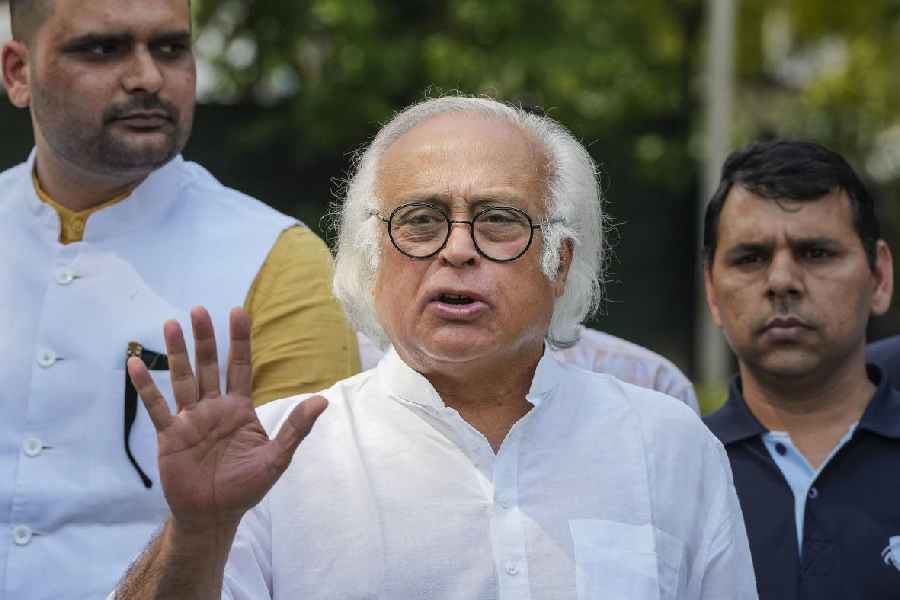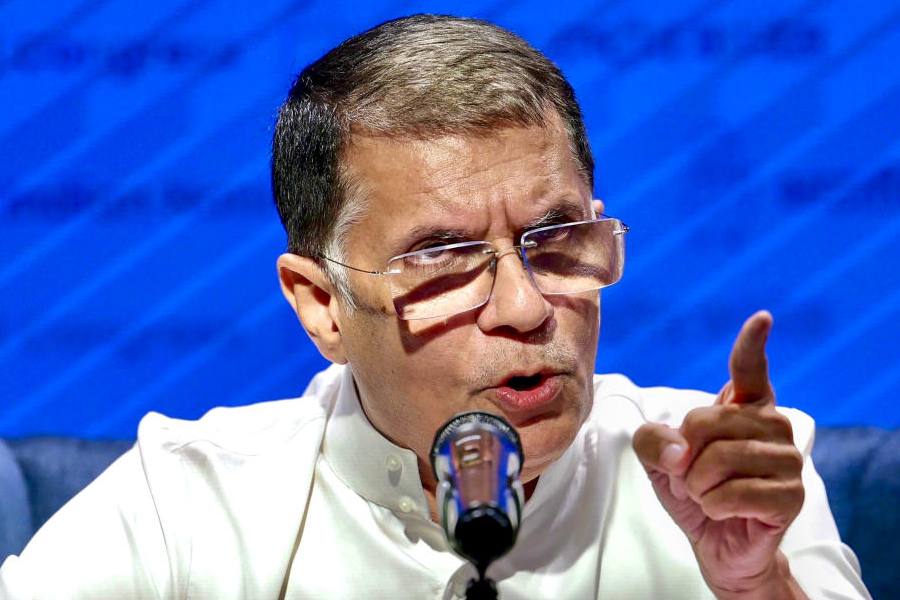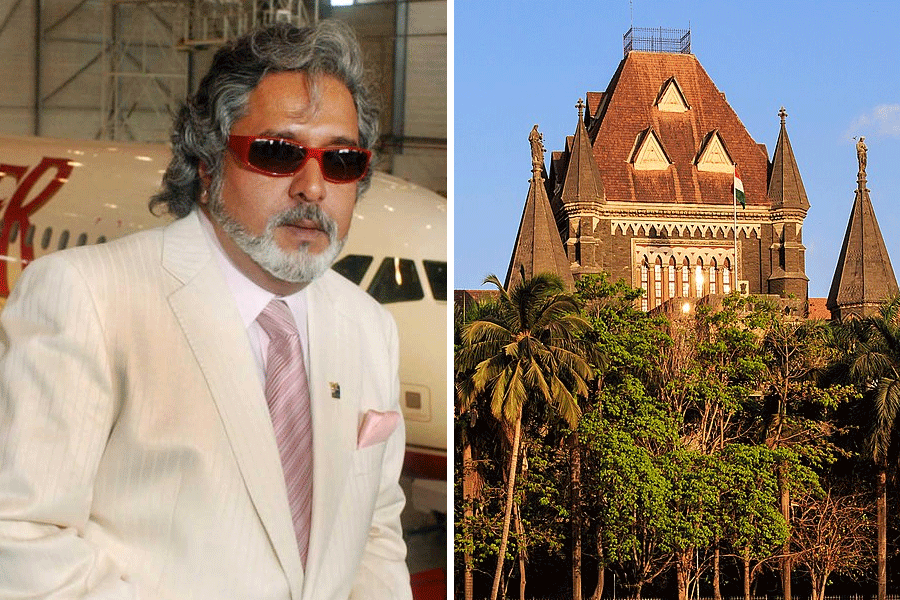Congress leader Jairam Ramesh has raised alarm over India's household financial crisis, citing the Indus Valley Annual Report 2025, an economic analysis published by venture capital firm Blume Ventures, published on February 22.
The report presented a concerning picture of India's economic trajectory, highlighting the growing burden of household debt and stagnating wages.
In a post on X on Thursday, the Rajya Sabha MP underscored the implications of the report, stating that consumption growth fuelled by debt, rather than sustainable wage increases, drove India's post-COVID-19 recovery.
According to the report, consumer loans accounted for nearly 18 per cent of Private Final Consumption Expenditure (PFCE) in the post-pandemic years.
The PFCE is the expenditure of households on final consumption of goods and services, excluding land.
The report further revealed a shift in borrowing patterns, with personal loans surpassing industry loans as the dominant form of non-food borrowing.
A major factor in this surge was the proliferation of small-ticket personal loans (STPL) issued by non-banking financial companies (NBFCs), which accounted for a staggering 82 per cent of new personal loans in 2024.
Household indebtedness has reached alarming levels, with household debt-to-GDP hitting an all-time high of nearly 43 per cent as a consequence.
The growing reliance on credit for consumption has now led to a household debt crisis instead of driving sustainable economic expansion.
The report also highlighted a concerning decline in household savings. The household share of total savings has plummeted from 84 per cent in FY00 to just 61% in FY23. This drop coincides with an increase in uninvested corporate profits, exacerbating the investment slowdown.
India's private investment sector is witnessing a severe downturn with insufficient savings and sluggish Foreign Direct Investment (FDI).
Ramesh criticised the Modi government's inaction in addressing this deep-rooted crisis, noting that the administration continued to ignore warning signs, ten years into the government and five years after the COVID-19 pandemic.
He has urged for immediate policy intervention to curb household indebtedness, boost wage growth, and restore sustainable economic momentum.











